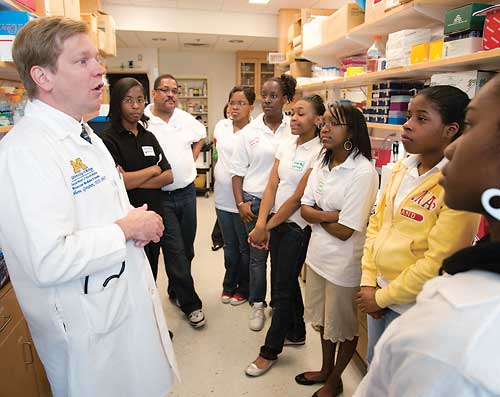Health Education
 Health Education Programs are available to schools, community groups, professional organizations and the general public. Programs are intended to enhance community awareness of health needs, sound health practices, community resources and Division of Health services.
Health Education Programs are available to schools, community groups, professional organizations and the general public. Programs are intended to enhance community awareness of health needs, sound health practices, community resources and Division of Health services.TIPS FOR YOU
| SHOULD CHILDREN WEAR BICYCLE HELMETS? | |
|
| SUGGESTIONS FOR CHILD-PROOFING YOUR HOME | ||||||||||||||||||||||||||||||||||||||||||
|
| CAR SAFETY AND SEAT BELTS | |
|
Contact Information
If you have any questions regarding this service, please contact .